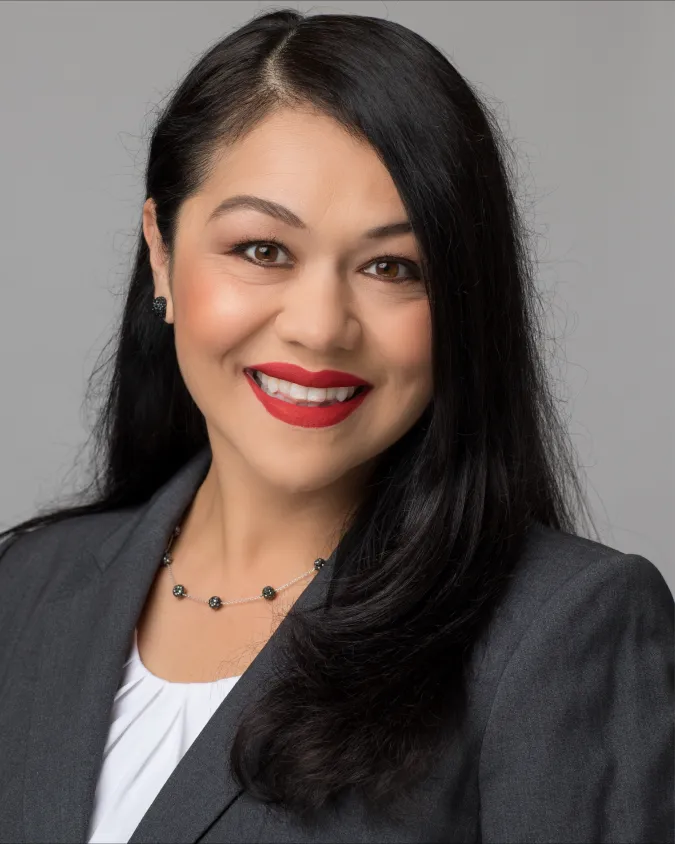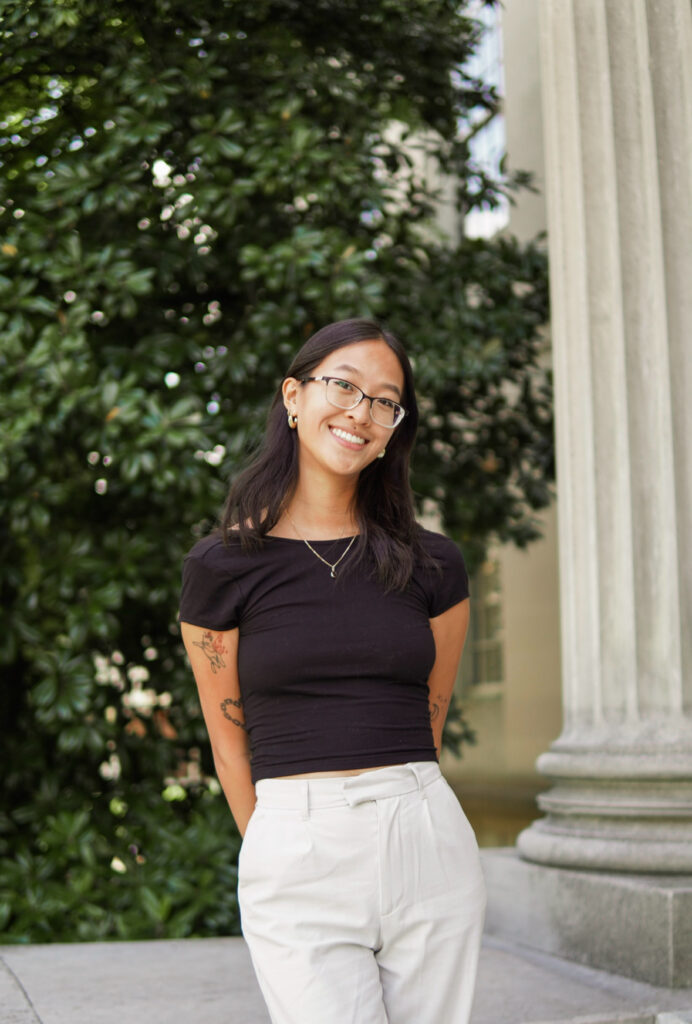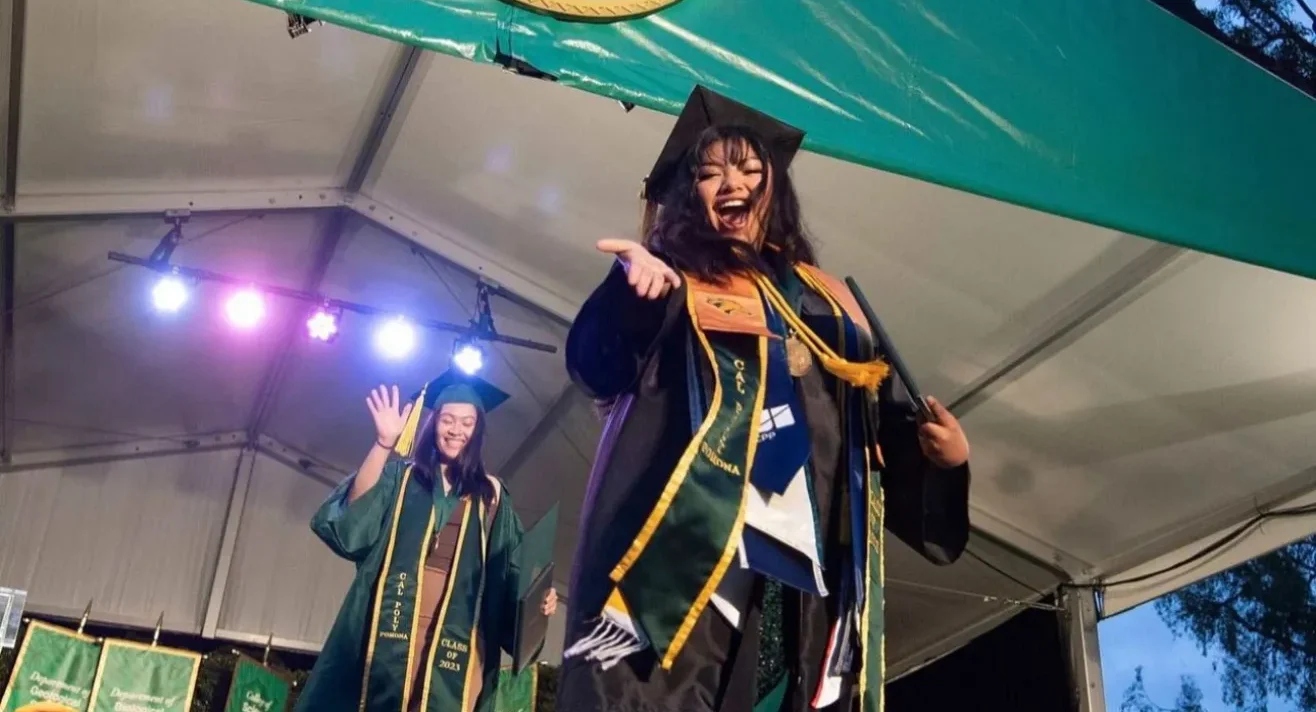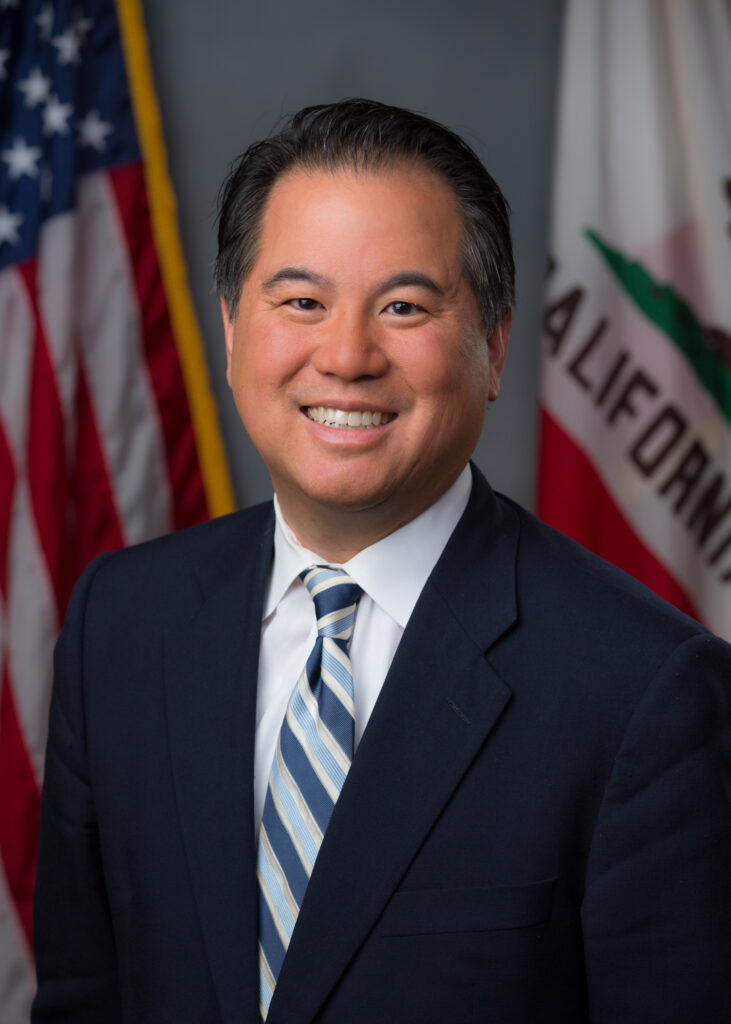Over one year after the Supreme Court overturned affirmative action, has the U.S. moved forward or backward with diversity?
Through a nationwide collaborative reporting project, ethnic media are investigating how communities and students are navigating the new landscape of college admissions and workplaces in the shadow of the June 2023 court decision, which prohibits public and private institutions from including race in considering applicants.
Here’s a roundup of the top stories.
New challenges for South Asians
“Ask anyone in the South Asian American diaspora what accounts for our success and why we are often referred to as the ‘model minority community,’ and the answer is that we place a high value on education,” writes Shabnam Afsah for India Currents as she explores how South Asian American students are facing new challenges in the college admissions landscape.
Reporting on an October 23 panel on the end of affirmative action held by Ethnic Media Services and Asian Americans Advancing Justice (AAJC), Afsah writes that the two 2023 Supreme Court decisions overturning affirmative action — Students for Fair Admissions v. University of North Carolina and Students for Fair Admissions v. Harvard — effectively make college admissions “a zero-sum game, meaning that by granting admission to one person, there is a resultant loss for another.”
Panelists like Niyati Shah, Director of Litigation at AAJC argue that this zero-sum concept, however, doesn’t account for demographic and overall numerical variations in the applicant pool from year to year.
Questioning the monolithic representation of South Asian and East Asian students as “Asian” per admissions quotas, Afsah compares the 2023 decisions with earlier, opposing Supreme Court rulings that the use of an applicant’s race as one factor in admissions is lawful if the evaluation process is holistic, rather than according to a quota.
‘A setback in the fight for fairness’ for CA Latinos and African Americans

Although overall numbers for Latino and Black enrollment in the University of California system have not fallen since the end of affirmative action, enrollment in the most selective UC schools — UCLA and UC Berkeley — has already taken significant hits, writes Araceli Martinez for an in-language Spanish story in La Opinión.
Dr. Feliza Ortiz Licon, executive vice president of the Campaign for College Opportunity, explains that the situation is particularly challenging in California due to earlier legal precedents against affirmative action like Proposition 209 (1996), as well as more recent federal student aid glitches and lags.
Martinez discusses demographic admissions numbers in depth with UC President Michael V. Drake, and hears from first-generation college graduate Diana Aguilar that affirmative action has not only “allowed students to have peers just like me … it has helped create an environment that I’ve felt a part of … (and) allowed us to have teachers that we can identify with.”
An Asian American student navigates college admissions
“As a high school senior navigating the college process in this new era, I’m watching my peers approach identity in nuanced and creative ways, especially around race,” writes Jeannine Chiang for Ethnic Media Services. “Instead of demographic data, personal narratives are becoming the conduit for expressing how race and culture have influenced us.”
While race can no longer be formally considered in college admissions, students can still discuss how it has shaped their lives, experiences and character. Thus, college-bound students of color like Chiang face a new dilemma: not only how, but whether at all to address their racial identities in applications.
Although Chiang chooses not to highlight her race in her college as “for me, other aspects of my experience felt more defining,” she describes how many of her peers walk “a fine line between sharing challenges and appearing to seek pity.”
“Some students worry their narratives could be reduced to ‘sob stories,’” she adds, “but the most compelling essays, in my opinion, focus on growth, framing identity as part of a broader journey toward personal development … linking their identities to their ambitions, values and hopes for the future.”
HBCU enrollment rises in the face of falling diversity
“At institutions like Harvard and UNC,” cornerstones of the two 2023 rulings against affirmative action, officials have already “noted a decrease in Black and Latino students for the fall of 2024,” reports Nakia Cooper for Bayou Beat News.
UNC senior Sarah Zhang tells her “The ban on Diversity, Equity, and Inclusion (DEI) programs is incredibly harmful … I came to UNC for its diverse environment, but now that’s rapidly changing. The Black student population has dropped by 25% since the ruling.”
Similar drops in diversity are reflected among minority students entering STEM fields overall, and in race-conscious extracurricular programs like Latino museum internships.
However, Cooper writes, “As predominantly white institutions grapple with new challenges in fostering diversity, some students have turned to Historically Black Colleges and Universities (HBCUs) as a viable alternative.”
Speaking to HBCU directors about positive enrollment impacts in the shadow of affirmative action’s end, Cooper also describes new challenges for HBCUs “such as the urgent need for expanded resources, upgraded facilities, and enhanced support services to sustain the growing student populations at historically underfunded institutions.”
California bans legacy admissions ‘on the heels of affirmative action’
To level the playing field for students facing this new college admissions landscape. a new bill by California Assemblymember Phil Ting (D-San Francisco) bans private colleges statewide from favoring children of donors and alumni.
Describing his bill, AB 1780, “on the heels of affirmative action,” Ting tells Ethnic Media Services: “If you can’t offer preferential treatment based on race to address past racial discrimination, why would you continue providing preferential treatment for the richest Americans, who can buy every level of support for their children in the admissions process?”
During the Supreme Court affirmative action ruling, Justice Neil Gorsuch himself, who concurred with the 6-3 decision, criticized legacy admissions as “undoubtedly benefit(ing) white and wealthy applicants the most.”
This interview with Ting discusses an earlier version of his bill which, similar to legacy admissions bans in four other states, would have included a fine.
After opposition from the Association of Independent California Colleges and Universities, a coalition of over 80 such schools, Ting passed an amended form — taking effect in September 2025 — which has schools considering legacy in admissions appear on a list by the state Department of Justice, whereby the Attorney General’s Office would have the opportunity to sue them.
“The opposition’s main argument is that ending legacy admissions will impact their ability to fundraise, which I think is disingenuous, because they don’t openly advertise: ‘If you give us $5 million, we’ll admit your child,’” Ting says. “By saying that this will impact your fundraising, aren’t you admitting that money tips the scale in your admissions process?”
UNC senior organizes on campus after affirmative action ruling

For an in-language Chinese story for Sing Tao Daily, Rong Xiaoqing profiles Sarah Zhang, a senior at the University of North Carolina — the school involved in one of the two Supreme Court cases which resulted in the overturning of affirmative action in 2023.
Although the ruling left many Chinese American parents like Zhang’s “believing that their rights had been protected because discrimination suffered by Asian youth in admissions had been corrected,” Zhang co-founded the Affirmative Action Coalition at UNC to counter shrinking diversity on campus in the post-affirmative action era.
Zhang, who grew up in a majority-white suburban Philadelphia town, tells Xiaoqing she felt ostracized growing up: “I only wanted to blend in, and I was very alienated from myself as Chinese … and at the time, although Chinese Americans had achieved massive economic and social progress, the history we were taught of their contributions was only about their past suffering.”
“Although UNC is still a predominantly white school, for me, this is the most diverse environment I have been in,” Zhang continues, adding that since growing from a membership of four students to 30, her coalition has advocated for college admissions transparency; promoted events like taekwondo classes, art shows by Black students and Chinese dance performances; and cooperated with community organizations to help low-income high school students of color submit college applications.
‘Affirmative action may be over, but identity still matters’
In her application process, one college “acknowledge(d) the overturning of Affirmative Action and ask(ed) students specifically if there’s anything that they want to share about their identity,” El Salvadorian American graduating high school senior Lucia Martínez tells Ethnic Media Services editor Peter Schurmann. “This one college was like, ‘Yeah, in the face of Affirmative Action being repealed, we’re going to ask you specifically about your identity and we want you to share that with us.’”
Martínez explains that in the post-affirmative action era, “I have seen on social media this prominent theme among some high school seniors who are really stressed out because they’re not people of color. They post about being straight, with both parents at home, and they’re worried because they don’t know what to talk about. I see this in some of my peers, too. They’re like, ‘I’m white. I’m straight. And I have no story to tell.’”
While she sympathizes with these peers, “historically it has kind of always played in their direction … White people did have that access, and they don’t really recognize that aspect of why affirmative action even existed in the first place,” she says, describing one Polynesian friend who, applying to college after the affirmative action decision, was able to highlight her own identity in her admissions essay by writing about running a Polynesian dance club at her school.
“Even though affirmative action is officially over, a lot of people are still under the impression that race matters. Like, I’m under the impression, too, that colleges will care about it, even though they don’t say so,” Martínez says.
This coverage is made possible through the Ethnic Media Services / AAJC reporting project on diversity after affirmative action.





